20 important phrases to learn in Hindi
Knowing Hindi has its own advantages. Learn these sentences if you are new to this language or if you travelling to India and impress people with your language skills!
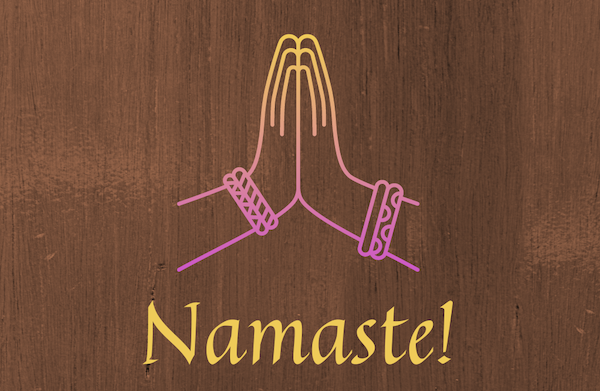
Hindi is one of the most spoken languages in the world. There are about 341 million native speakers and stands third in most spoken languages in the world. Hindi is spoken in most parts of India, especially in North India.
In some South Indian states, like Karnataka and Andhra Pradesh people would respond to you if you speak in Hindi. Although most travelers can get away by speaking in English, learning Hindi would bring a whole new experience and would also help you through shopping in the local markets, talking to the cab drivers, or even watching Hindi movies!
Learning a new language
Learning a new language which has different alphabets cannot be easy. Instead of starting to write the language, one can always start by learning how to talk. In this article you may learn some conversational phrases that may help you if you are new to the language or if you are travelling.
Hindi can be a challenging language to learn for beginners. If you get stuck, or don't find the appropriate words, you can always replace them with English words. For example, there are no words for "station" or "doctor" or "cycle" or "bus" . This article may help you find words and phrases that you can use everyday in your daily conversations.
Here are some common words and phrases
| Word/Phrase | Pronunciation | Hindi |
| This is something that most people know and is probably the easiest word to learn. It means “Hello”. | Namaste (Nuh - muh - stay) | नमस्ते |
| Use this phrase whenever you agree with someone. It means “Okay”. | Thik hai (Teek - hey) | ठीक है |
This phrase simply means “How are you?”. Instead of the word “Aap”, “tum” can be used when talking to friends or addressing someone in an informal manner.
| Aap kaise hai? (Aap - kay - say - hey) | आप कैसे है? |
| This is used when someone asks you how you are. It means “I’m fine”. | Main thik hoon (Mey - teek - hu) | मै ठीक हूँ |
| This means “What is your name?”. | Aapka naam kya hai? (Aap - kaa - naam - kiya - hey) | आपका नाम क्या है? |
Being polite in Hindi
Pronunciation | Hindi | |
| This word means “Please” and is used in the beginning of the sentence. | Kripaya (Kree - paa - yaa) | कृपया |
| This means “Thank you” | Dhanyavad / Shukriya (Dhan - ya - vaadh / Shook - ri - yeah) | धन्यवाद / शुक्रिया |
Use this phrase when you have to say “sorry”. This is also very rarely used for the word “excuse-me”. Another word for “excuse-me” would be “suniye / su - nee - yeh”. | Maaf kijiye (Maaf - kee - ji - yeh) | माफ़ कीजिये |
| Another word for “Excuse-me”. | Suniye (su - nee - yeh) | सुनिए |
Say this when you want to congratulate someone.
| Badhaai ho (Badha - ee - ho) | बधाई हो |
Some advanced phrases
Pronunciation | Hindi | |
| This means “Can I help you?”. It changes according to your gender. | Kya main aapki madad kar sakta hoon? (M) (Kiya - mey - aap - kee - madad - kar - sak - taa - hu)(M) Kya main aapki madad kar sakti hoon? (F) (Kiya - mey - aap - kee - madad - kar - sak - tee - hu) (F) | क्या मैं आपकी मदद कर सकता / सकती हूँ ? |
This phrase means “Nice to meet you!”.
| Aapse milkar khushi hui. (Aap - say - mil - kar - khu - shee - hu - ee) | आपसे मिलकर खुशी हुई |
| This simply translates to “Where are you from?”. | Aap kaha se hain? (Aap - ka - haa(n) - say - hey) | आप कहाँ से हैं |
| This means “Where do you live?”. | Aap kahan rehte hain? (Aap - kaha - rey(h) - tey - hey) | आप कहाँ रहते हैं? |
| Use this phrase when you are hungry. It translates to “I’m hungry”. | Mujhe bhook lagi hai. (Moo - jhey - bhuk - lagee - hey) | मुझे भूख लगी है |
This phrase means “I need a doctor”.
| Mujhe Doctor ki zaroorat hai (Moo - jhey - Doctor - kee - za - roo - rat - hey) | मुझे डॉक्टर की जरूरत है |
| This means “What time is it?”. | Kitne baje hai? (Kit - ney - bajey - hey) | कितने बजे हैं? |
Use this when you want someone to repeat what they have just said. It translates to “Can you say it again?”.
| Kya aap ise dohra sakte hai? (Kiya - aap - ee.say - doh - raa - sak - tey - hey) | क्या आप इसे दोहरा सकते हैं? |
| It means “I don’t understand”. | Mujhe nahi maloom (Moo - jhey - nahee - maa - loom) | मुझे नहीं मालूम |
| It means “I have to go”. | Mujhe jaana hoga (Moo - jhey - jaa.naa - ho - gaa) | मुझे जाना होग |
Once you start learning a new language, you will be excited to learn, study and research more about it. Try to memorize these phrases and use them in your daily conversations.
| sorry | felling regret or sad |
| thank you | a polite expression used while accepting or rejecting something |
| please | used in polite requests |
| hungry | feeling the need for food |
| doctor | person qualified to treat people |
Explore
Related Articles

Basic conversation skills (for Hindi learners)
Learn Hindi with the help of these skills. Learn to use the right words and sentences in different situations.
Continue reading
Origin of Sanskrit
Sanskrit might be an old language, but it still is a very important one. Learning Sanskrit helps understand old scripts and writings. Read this…
Continue reading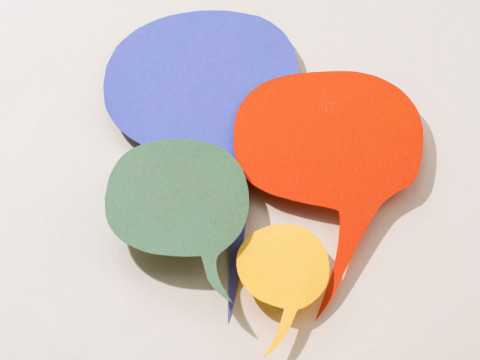
Reasons to learn an Indian language
There are so many Indian languages and trying to learn them looks like a huge task. Read the blog to know why you need to know Indian languages.
Continue readingMore Articles

Developed nations and languages
There is a strong narrative on English among India's financially and educationally elite classes. The narrative is that English is the only way to…
Continue reading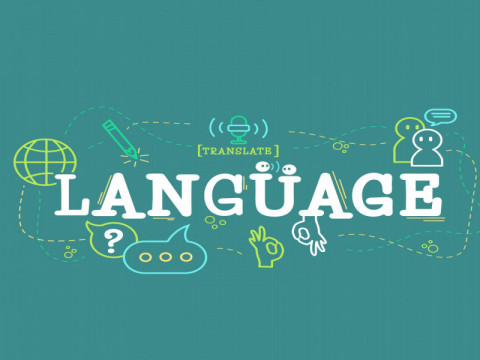
Important words and phrases in Marathi (For beginners)
Learning a new language can be difficult. But with constant practice and learning it can be easy. Starting to talk in the language you are trying to…
Continue reading
Tips to improve your spellings
Writing in English is as important as speaking. To learn to write correctly might seem like a difficult task. There are always some tips that you need…
Continue reading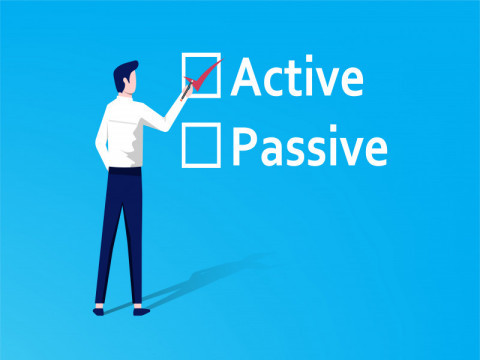
Active Voice and Passive Voice
This article will help you understand the difference between active and passive voice and make your written and spoken skills of language better.
Continue reading
Difference between Voice and Speech in Grammar
English learners may get confused between the use of these two topics and end up making mistakes. Read this short article to help yourself and improve…
Continue reading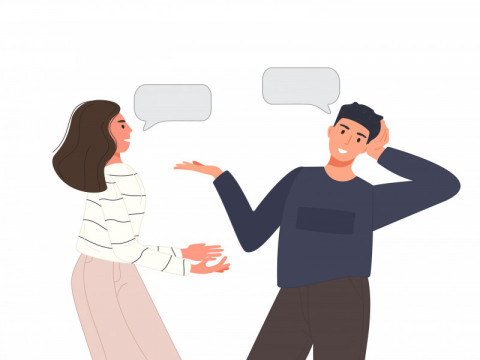
Direct and Indirect speech
Knowing how to use direct and indirect speech in English is considered important in spoken English. Read the article below and understand how to use…
Continue reading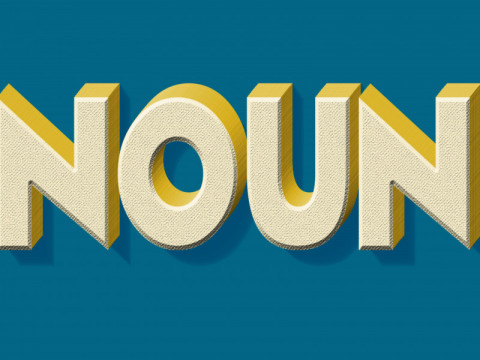
Types of nouns
Nouns are the largest group of words in any language. Understanding them and using them correctly while learning the language is considered very…
Continue reading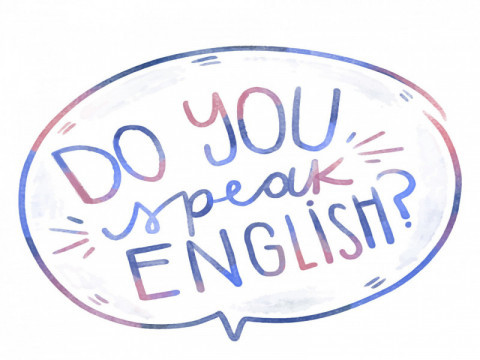
Ways to improve your spoken English skills
Improving spoken languages might seem as a challenge. But, with proper guidance and tips, it is not too difficult.
Continue reading